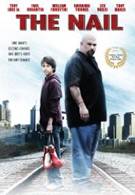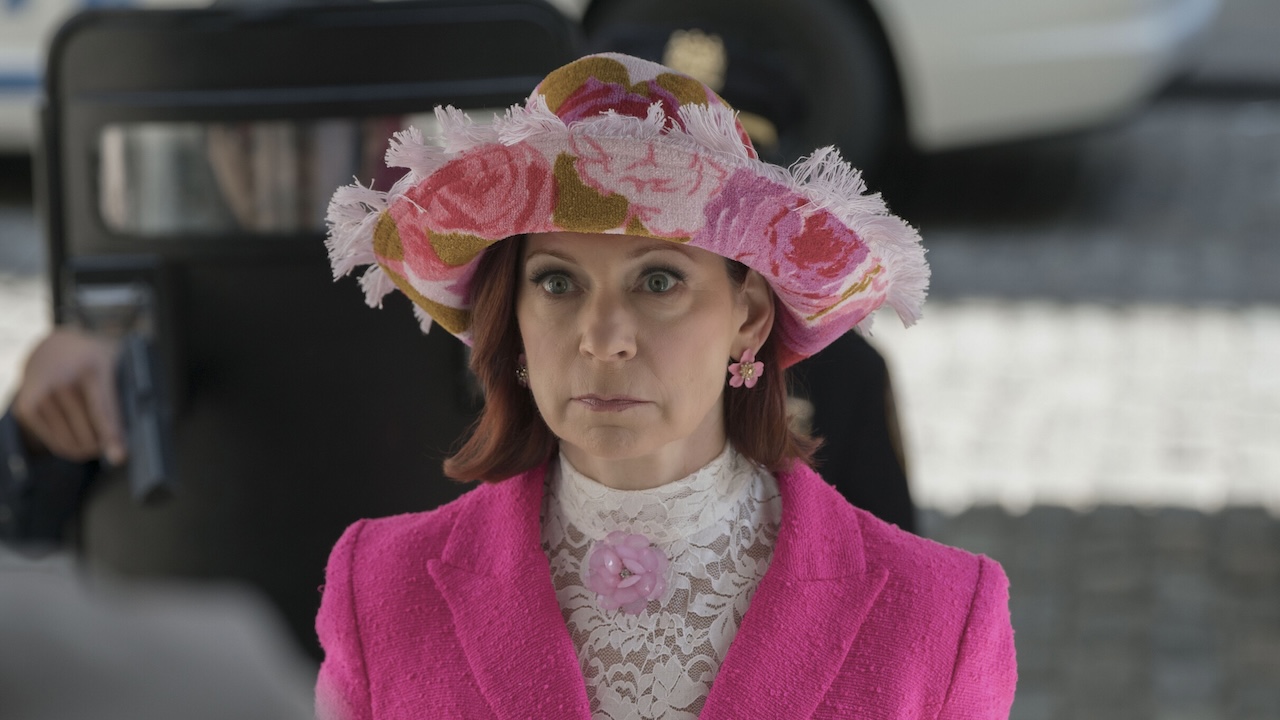Joey Nardone (Tony Luke, Jr.) was once a local boxing champ known as "The Nail" for his ability to punch nails into walls. But that was eight years ago, and in those long years, Joey paid the price for his involvement in the accidental death of a young girl. Out of shape and wanting to live a more simple life, Nardone is released from prison and returns home to his old South Philly stomping grounds. But the more things change, the more they stay the same. Nardone finds himself committed to helping an abused 14-year-old Latino named Jesus (Paul Orrantia) stand up to the school bullies and, more importantly, to protect him from his brutal father (Billy Gallo). Virtually every minute of The Nail: The Story of Joey Nardone is completely predictable and melodramatic. The film is openly sentimental, especially when it thinks it's being the most cynical. It's filled with the kind of truths that come from genre rather than life and features characters whose actions are not defined by their own needs so much as those of the screenwriter's outline.
But there is something about the movie that just works. The film is sincere and almost devoid of any irony. If the filmmakers believe in those genre truths as though they were the real thing, then maybe, for 90 minutes, they are. There is nothing sophisticated about the filmmaking, and this may be its saving grace. Everything is completely literal, everyone says exactly what they are thinking, no one is anything but who they say they are, and the film wears its big heart on its sleeve. The biggest heart seems to belong to the writer of the film's story and its star, Philly Cheesesteak King Tony Luke, Jr. In a cast of veteran actors like Leo Rossi (who also co-produced), William Forsythe, and Tony Danza, Luke isn't the most accomplished, but he is the most likable. And it is imperative for The Nail to have a likable leading character, since the whole movie hinges upon his good nature.
There are flaws everywhere, some of which emerge from the daily grind of low-budget filmmaking, but most of which could've been fixed in the writing stage. The characterization of Jesus' father in particular seems like something scribbled in a first draft. The character is less a human being than a convenient plot device given the oddest of motivations in order to propel us to the next dramatic incident. But if director James Quattrochi was ever aware of these flaws, he doesn't seem to care. He just keeps the focus on Joey and Jesus, and because of their conviction onscreen, everything seems to work right. Their belief makes us believe. As this was a promotional copy, there was nothing in the way of extras besides the film's theatrical trailer.
Your Daily Blend of Entertainment News

